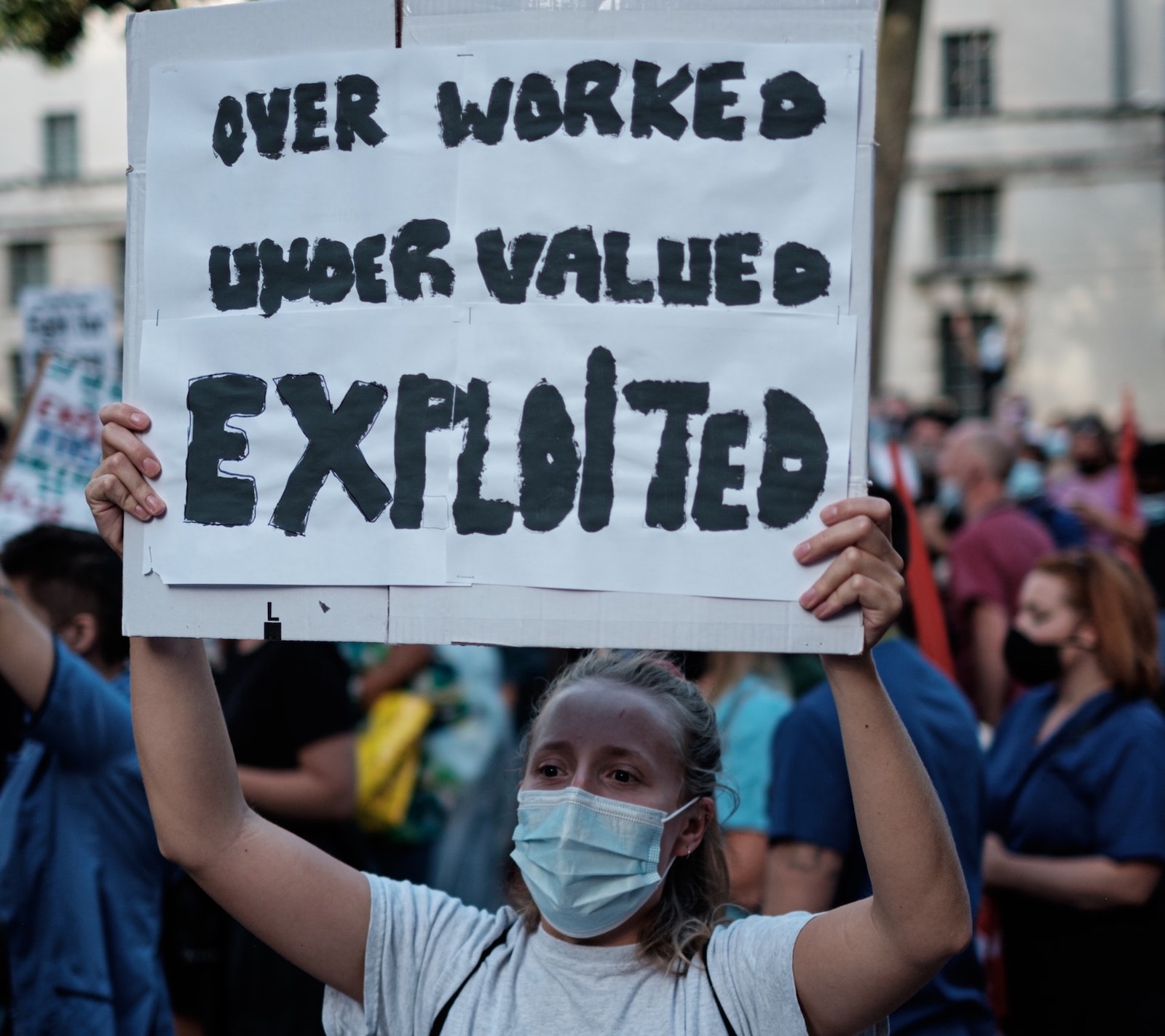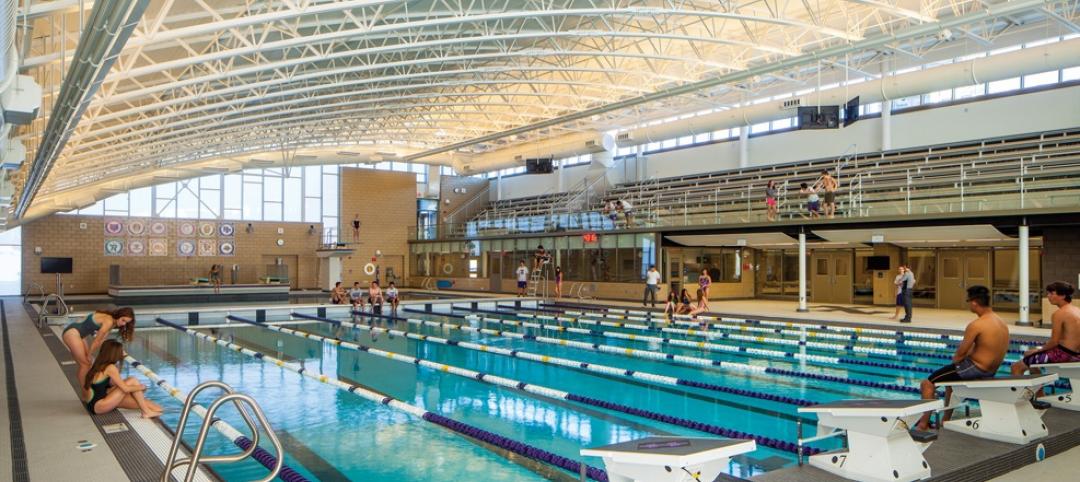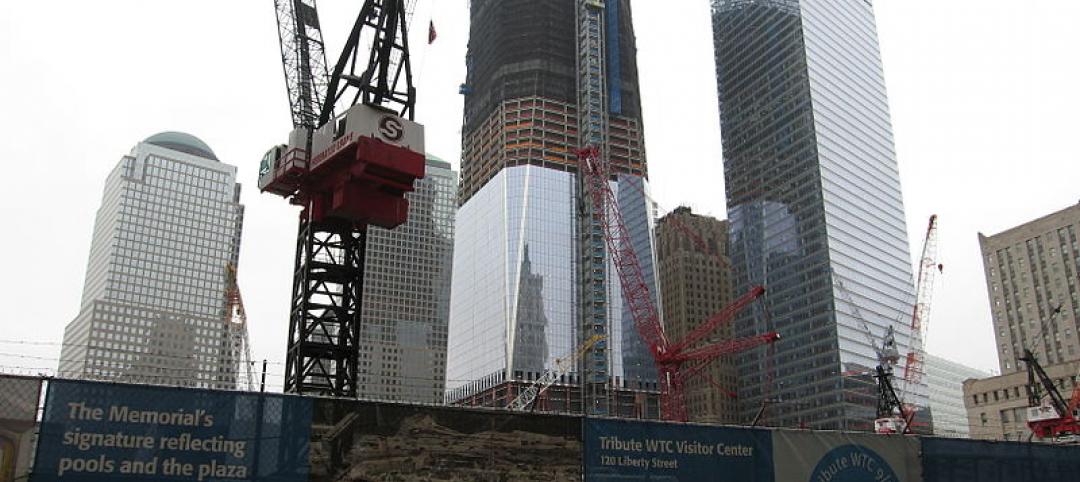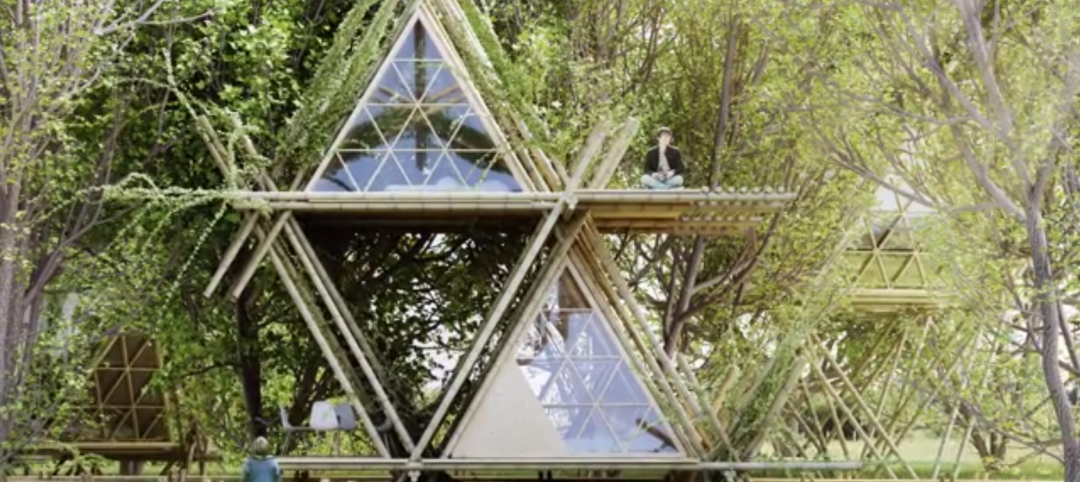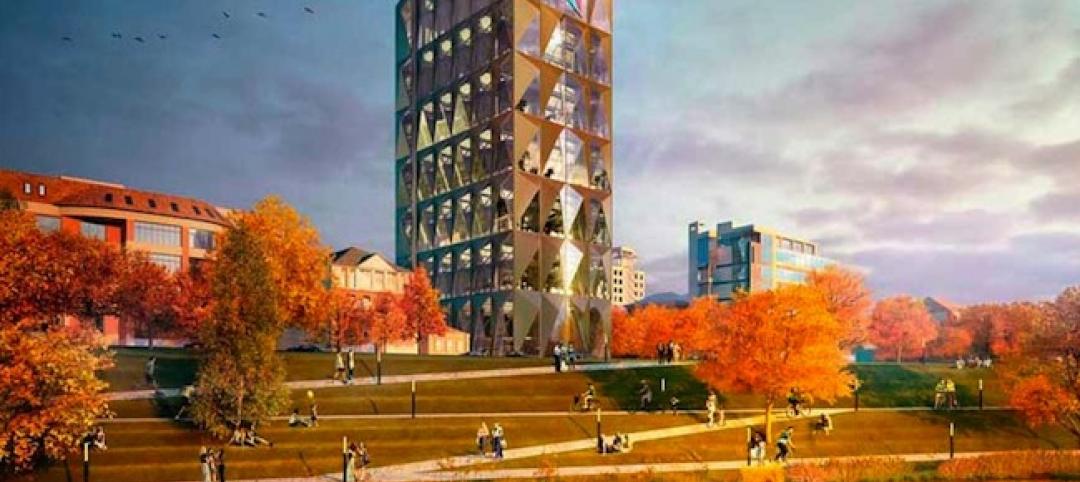Seven years before the COVID-19 pandemic took hold in the U.S. and forever changed how many Americans view their career, work environment, and true value to their employer, the Reddit subreddit r/Antiwork was born, largely as a protest against—and discussion forum about—the mounting pressures everyday workers face in a purely capitalistic society. Bad bosses, low wages, long hours, lack of overtime, dwindling benefits, dead-end positions, ever-demanding customers, meaningless jobs, brutal commutes, to name a few.
Now, nearly two years into the pandemic, the underlying message of r/Antiwork’s forums is ringing truer than ever. The subreddit is one of the fastest-growing and most-active discussion boards on the social media platform, with 1.66 million subscribers, up from a little over 100,000 at the outset of the COVID-19 outbreak.
At its core, r/Antiwork isn’t about abolishing work or people quitting their jobs—although examples of the latter can be seen throughout the feed, with screenshots of dramatic and often humorous text exchanges with supervisors at the moment of resignation. Rather, the subreddit is about empowering the labor force by any means necessary—ask for that raise, negotiate a hybrid work schedule, demand a reasonable workload. If all else fails, be confident enough to walk away for a better opportunity. Don’t settle for the norms that Corporate America has established.
While the architecture profession is not featured prominently in r/Antiwork—lower-paying, hourly jobs like retail, restaurant, and small business positions tend to be the focus—the industry is not immune to the ills that plague American work culture. Architects stand with doctors and lawyers as among the most highly educated and credentialed professionals in the nation. They work long hours, with demanding deadlines and little schedule flexibility—yet with meager pay relative to their peers in the legal and medical professions.
It’s no surprise, then, that signs of the r/Antiwork movement are starting to appear in the architecture field. The most glaring example is at New York City-based SHoP Architects. There, employees of the 135-person firm announced in late December that they are advancing a plan to form a union, citing low pay and long hours. If formalized, the effort would be the first to successfully create a union at a prominent private-sector architecture firm in the U.S., according to the New York Times. At the time of the report, more than half of SHoP’s eligible colleagues had signed cards supporting the union, which would affiliate with the International Association of Machinists and Aerospace Workers.
The Times reported that two other prominent New York firms are following suit. I expect other AE firms to join the movement in the coming months.
Related Stories
| Jul 16, 2014
User input on aquatics center keeps students in the swim [2014 Building Team Awards]
Collaborative spirit abounds in the expansion and renovation of a high school pool facility in suburban Chicago.
| Jul 16, 2014
Nonresidential construction starts up 34% in June
Construction starts for nonresidential work saw a surge in June, rising more than a third compared with the previous month, according to Reed Construction Data.
| Jul 16, 2014
ASHRAE, IAQA team up to improve resources on indoor air quality
Indoor Air Quality Association will become part of the ASHRAE organization while maintaining its own brand and board; HQ will relocate to Atlanta.
| Jul 15, 2014
Michael Graves talks with Washington Post about new design eye from life in a wheelchair
Celebrated American architect Michael Graves sits with the Washington Post to talk about how being on a wheelchair changed the way he focuses on design.
| Jul 15, 2014
A look into the history of modular construction
Modular construction is more than a century old, and throughout its lifespan, the methods have been readapted to meet specific needs of different eras.
| Jul 15, 2014
AECOM to buy URS Corporation in $6 billion deal
Together, the firms will form a massive global giant with more than $19 billion in revenue and 95,000 employees in 150 countries.
| Jul 14, 2014
Meet the bamboo-tent hotel that can grow
Beijing-based design cooperative Penda designed a bamboo hotel that can easily expand vertically or horizontally.
| Jul 14, 2014
Foster + Partners unveils triple-glazed tower for RMK headquarters
The London-based firm unveiled plans for the Russian Copper Company's headquarters in Yekaterinburg.
| Jul 14, 2014
Toyota selects developer for its new North American headquarters in Plano, Texas
Toyota announced that it has selected Dallas-based KDC Real Estate Development & Investments to develop its new North American headquarters campus in the Legacy West development in Plano, Texas.
| Jul 13, 2014
Punishing deadline can’t derail this prison health facility [2014 Building Team Awards]
A massive scope, tough schedule, and technical complexity fail to daunt the Building Team for a huge California correctional project.


